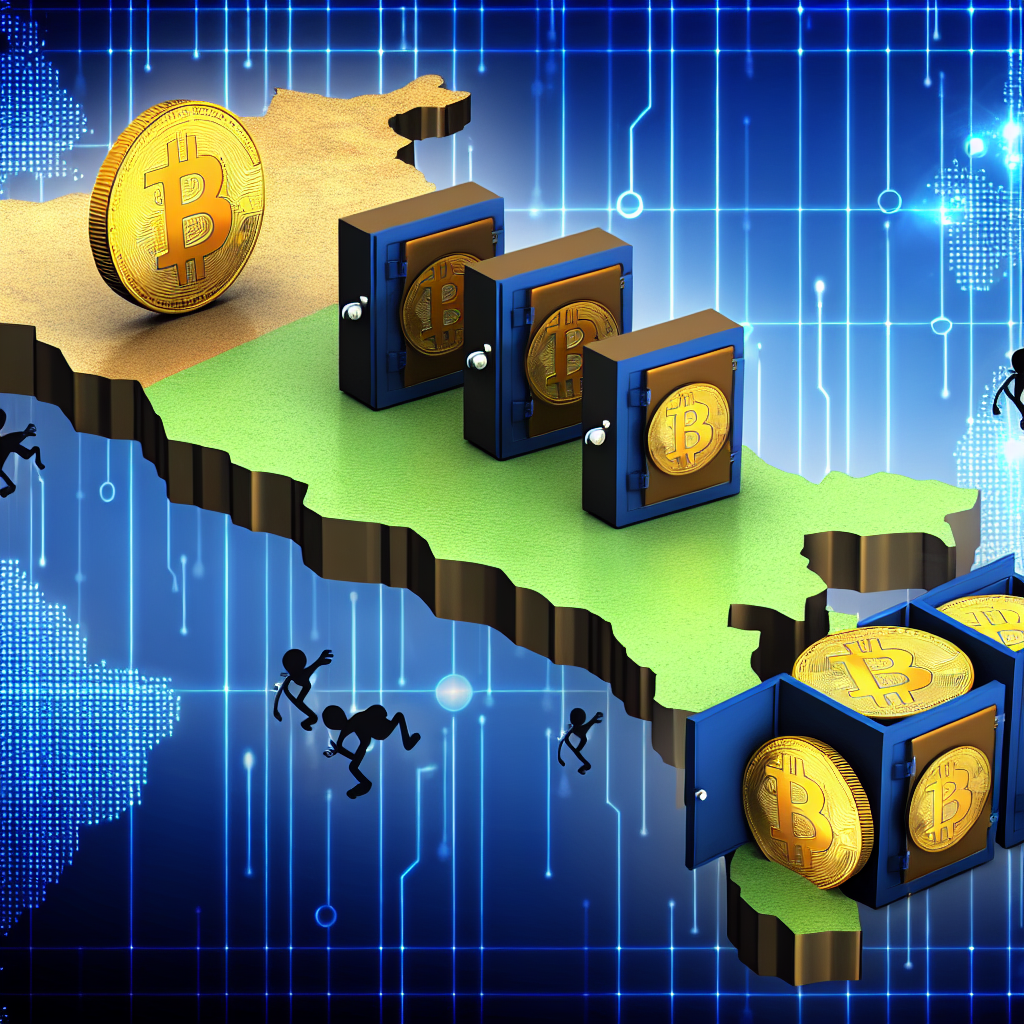El Salvador has redistributed its Bitcoin reserves into 14 new wallet addresses as a precaution against potential quantum computing threats.
“By dividing funds into smaller amounts, the potential impact of a quantum attack is reduced,” El Salvador’s Bitcoin Office stated in a post on X Friday, noting that each Bitcoin (BTC) address can contain up to 500 BTC.
The Bitcoin Office clarified that once funds are spent from a Bitcoin address, its public keys become exposed and thus vulnerable — turning it into a potential target for quantum computers to exploit — should the technology progress to be a serious threat in the future.
Project Eleven, a quantum research firm, indicated in April that over 6 million Bitcoin — valued at about $650 billion — could be jeopardized if quantum computers advance to the point where they can break elliptic curve cryptography (ECC) keys.
Onchain transfers completed
El Salvador had previously held its 6,274 Bitcoin assets (valued at $678 million) in a single address, but blockchain records show those funds were transferred to 14 new addresses on Friday.
Quantum is not a current concern
While El Salvador’s action has been lauded by industry experts, Project Eleven remarked that quantum computing is still a long way from being able to hack Bitcoin. A Bitcoin private key consists of 256 bits, and no quantum computer using Shor’s algorithm has even managed to successfully crack a 3-bit key yet.
Michael Saylor, the mastermind behind Strategy’s Bitcoin roadmap, suggested in June that the threat of quantum computing to Bitcoin is just hype, asserting that if it ever became a real issue, the protocol’s core developers and hardware makers would implement solutions.
“The answer is: Bitcoin network hardware upgrade, Bitcoin network software upgrade, similar to how Microsoft, Google, and the US government upgrade.”
El Salvador still caught in IMF controversy
El Salvador’s Bitcoin acquisitions have been scrutinized following a July report from the International Monetary Fund that claimed the Central American nation has not made any new Bitcoin purchases since February.
Related: El Salvador’s Bukele reacts as $1B Bitcoin holdings wager increases on Kalshi
The country’s Bitcoin Office has not addressed these claims directly but continues to share updates about its Bitcoin purchases on X.
In December 2024, El Salvador secured a $1.4 billion funding deal from the IMF, which required the country to scale back its Bitcoin initiatives, among other stipulations — although the specifics seem to be in dispute between the two parties.
Magazine: 3 individuals who unexpectedly became crypto millionaires… and one who didn’t

